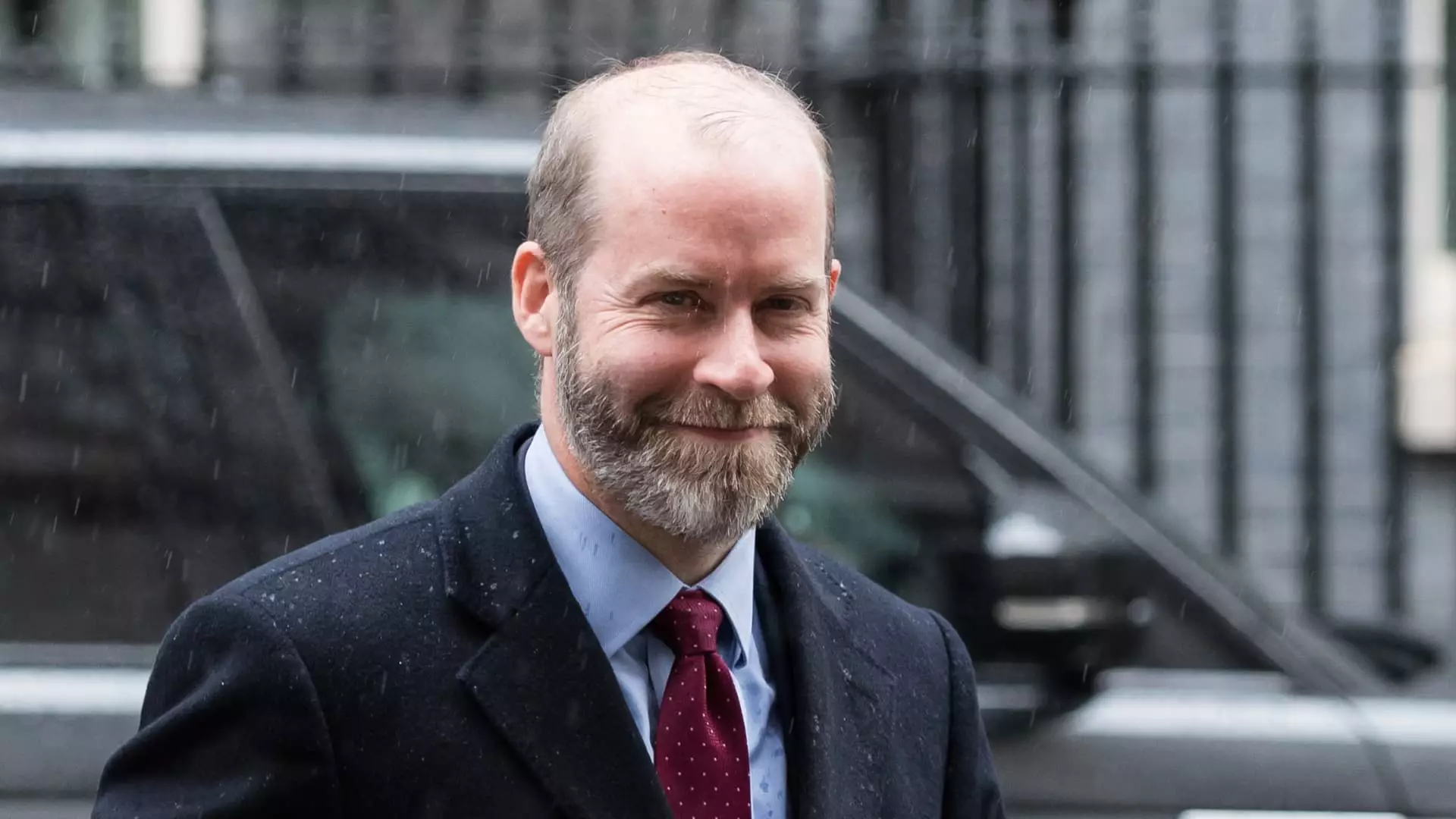In today’s global economy, forging trade agreements is more than a matter of commerce; they’re pivotal to diplomatic relations and economic stability. The U.K. government has identified key players in this arena, specifically India and the Gulf Cooperation Council (GCC) nations. As the Labour government actively pursues these crucial trade deals, the stakes remain high for enhancing the U.K’s international trade landscape amid the shifting paradigms of global economics.
U.K. Business and Trade Minister Jonathan Reynolds recently emphasized the urgency to secure trade agreements, deeming the Gulf nations and India as top priorities for the government. With scheduled negotiations anticipated to resume shortly, these discussions signal a proactive approach in the post-Brexit economic framework. The U.K. aims to reclaim its competitive edge, and such agreements are seen as vital accelerators for trade expansion.
The context of these trade negotiations is essential. Following Brexit, the U.K. embarked on an ambitious quest to carve out new trade relationships independent of the European Union. Former Prime Minister Boris Johnson famously highlighted the necessity of establishing agreements with countries like India, asserting goals such as achieving a deal by Diwali 2022. However, those ambitions have faced numerous challenges, resulting in only a handful of agreements with countries like Australia and New Zealand, while marquee arrangements remain elusive.
The current Labour government acknowledges this landscape and, upon Reynolds’ appointment, pledged to uphold the momentum set by the previous administration. This continuity reflects a commitment to bolstering international relationships, as evidenced by Reynolds’ recent foray into the Gulf for preliminary talks with GCC members—Bahrain, Kuwait, Oman, Qatar, Saudi Arabia, and the United Arab Emirates. Establishing a foothold in these economies is vital not just for increased trade but also for affirming the U.K.’s role in global markets.
One notable aspect of Reynolds’ recent statements is his measured approach towards timelines for achieving the trade deals. He refrained from setting specific deadlines, instead pointing out the intricacies involved in completing such transactions. Negotiations are seldom straightforward; they involve considerable adjustment and compromise from both parties, which can extend the timeframe for finalizing agreements.
Acknowledging the complexities, Reynolds remarked that the initial phases of negotiations may appear more accessible but often overlook more challenging issues that arise later in discussions. His assertion exemplifies the nuanced reality of international trade negotiations, where adjustments and strategic decision-making must evolve with changing global conditions.
Economic and Diplomatic Implications
The implications of such trade deals extend beyond mere economic gain. Reynolds underscored the importance of commercial engagement with nations, even those whose governing structures differ significantly from the U.K.’s democratic ideals. This openness towards fostering relationships, even with non-democratic countries, echoes a pragmatic approach to international relations in today’s interconnected world. Engaging with these countries commercially is framed not only as beneficial for trade but also as vital for geopolitical stability.
The onus, then, rests on how effectively the U.K. can position itself within this emerging landscape of global commerce. Current discussions with India, entering their 15th round, emphasize that both sides recognize mutual benefits. The sentiment, echoed by India’s Commerce Secretary, indicates a shared desire to secure a deal—though tempered by the understanding that comprehensive agreements are built through careful, step-by-step negotiations.
The Broader Horizon
Looking ahead, Reynolds and his administration must strike a careful balance between asserting the U.K.’s commercial interests and fostering diplomatic relations that may influence geopolitics. While the complexity of negotiations can be daunting, the ultimate success hinges on the government’s ability to navigate these challenges while promoting the U.K. as a competitive, engaging player on the world stage.
The pursuit of trade agreements with India and the GCC remains a critical mission for the U.K., promising both economic rewards and strategic alliances. The pathway may be fraught with complexities, but the necessity of these partnerships in a rapidly evolving global environment is undeniable. As the U.K. charts its future in the international trade arena, the focus on these key negotiations will be essential for fostering sustained growth and geopolitical positioning.


Leave a Reply